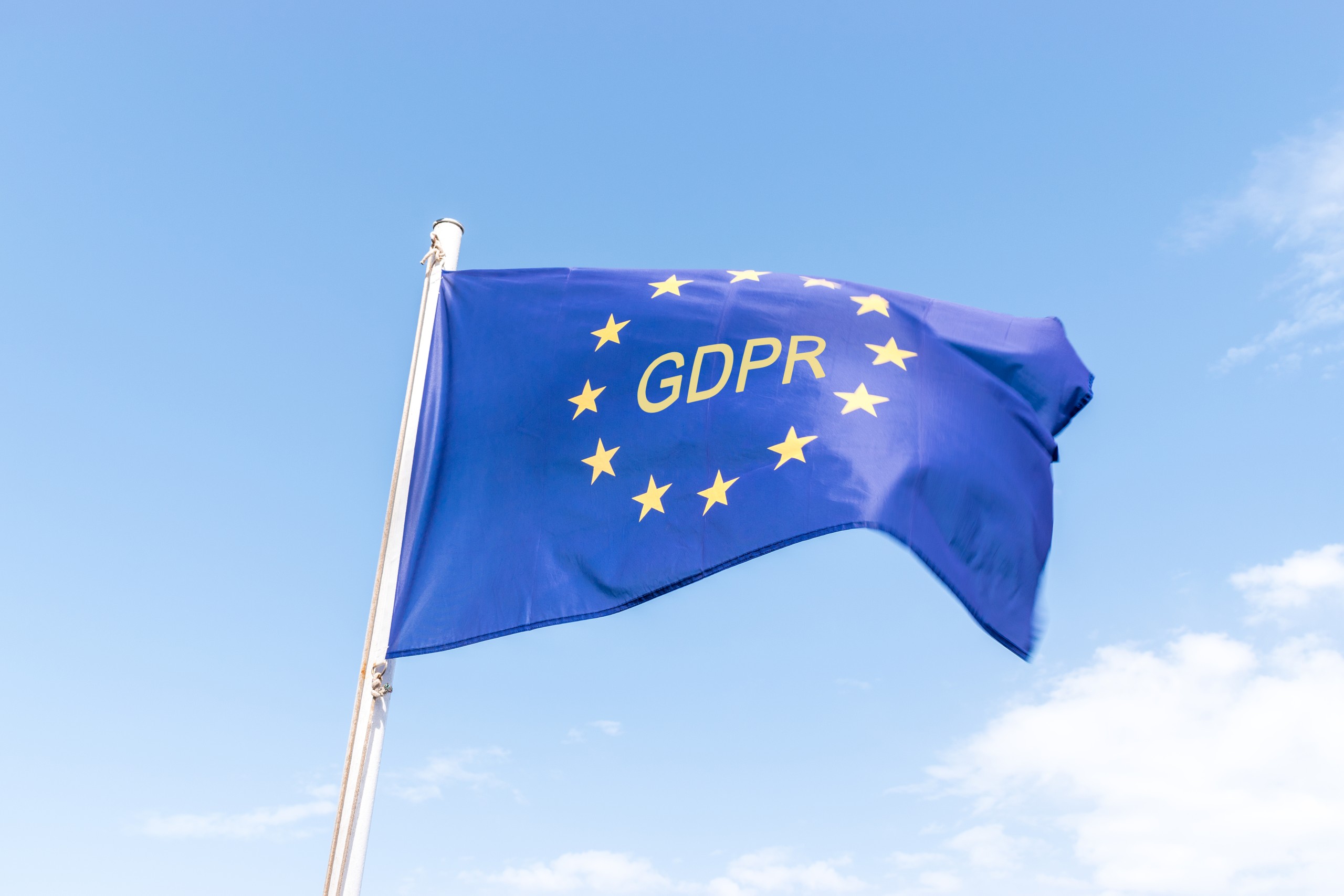
How to Use Google reCaptcha and Stay GDPR Compliant
Google reCaptcha is a popular tool that helps you protect your website or app from spam and abuse by verifying that your users are human. It does this by tracking and analyzing your user's behavior on your website or app, such as how they move their mouse, how they click, how long they take to fill in forms, and what device they are using. Based on this data, reCaptcha assigns a score to each user, indicating how likely they are to be a bot. If the score is low, reCaptcha may challenge the user with a captcha test, such as identifying images or typing letters.
While reCaptcha is effective and easy to integrate, it also raises some privacy concerns under the General Data Protection Regulation (GDPR), which is the EU law that regulates how personal data of EU citizens is collected, processed, and shared. GDPR requires that you have a lawful basis for processing personal data, that you inform your users about what data you collect and why, that you obtain their consent when necessary, and that you respect their rights to access, correct, delete, or restrict their data.
According to Google's documentationhttps://cloud.google.com/recaptcha-enterprise/docs/faq, reCaptcha collects the following personal data from your users:
• The user's IP address
• The date and time of the request
• The language setting of the browser
• The screen size of the device
• The mouse movements and clicks
• The user agent string of the browser
• The cookies set by Google
• The referrer URL of the request
• The behavior patterns of the user on the website or app
Google uses this data for two purposes: to provide and improve the reCaptcha service, and to personalize ads across Google's network. Google states that it does not use reCaptcha data to identify individual users or link it to other data that Google may have about them.
However, some privacy advocates argue that Google's use of reCaptcha data violates GDPR principles, such as data minimization, purpose limitation, and transparency. They claim that Google collects more data than necessary for providing the service, that it uses the data for purposes that are not compatible with the original purpose of protecting websites from bots, and that it does not clearly inform users about how their data is processed and shared.
Note that you should not use reCaptcha on your website or app until your users have given their consent. You should also keep a record of when and how your users have given or withdrawn their consent. You should also respect your user's rights to access, correct, delete, or restrict their data. For example, you should provide a way for your users to request a copy of their data, to correct any inaccurate data, to delete their data, or to object to the processing of their data.
What are some alternatives to reCaptcha that are more privacy-friendly?
If you are concerned about the privacy implications of using Google reCaptcha on your website or app, you may want to consider some alternatives that are more privacy-friendly. Here are some examples of tools that can help you prevent spam and abuse without collecting or processing personal data of your users:
• Honeypot: A honeypot is a hidden field on your website or app that is invisible to human users but visible to bots. If a bot fills in the honeypot field, it reveals itself as a bot and can be blocked. A honeypot does not require any user interaction or data collection.
• Hashcash: Hashcash is a technique that requires the user's browser to perform a small amount of computation before submitting a form. This computation is easy for humans but hard for bots. Hashcash does not require any user interaction or data collection.
• Friendly Captcha: Friendly Captcha is a tool that uses proof-of-work puzzles instead of image recognition tests to verify that the user is human. The puzzles are solved by the user's browser using WebAssembly and do not require any user interaction or data collection.
These are just some examples of alternatives to Google reCaptcha that are more privacy-friendly. You may want to explore other options that suit your needs and preferences.
I hope this article helps you understand how to use Google reCaptcha and stay GDPR compliant. If you have any questions or feedback, please let me know.

